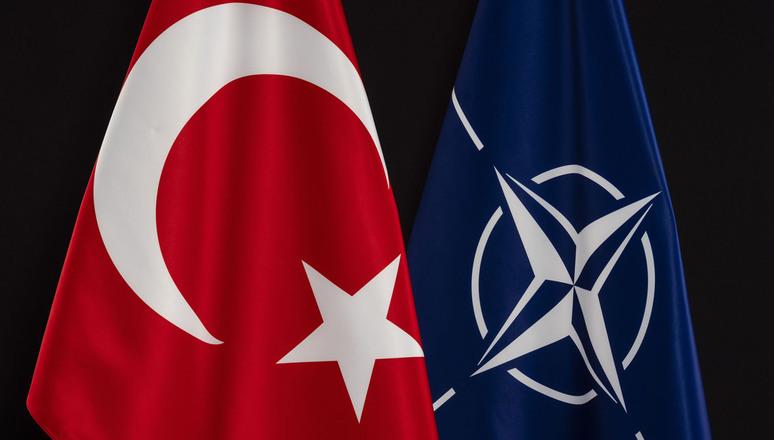Türkiye’s growing defence industry despite tensions with the West Phoenix is rising
Over recent years, Türkiye has significantly developed its defence industry, bolstering the operational capabilities of its armed forces and increasing its geopolitical influence through expanded exports. This focus on the national defence industry was particularly intensified during the tenure of President Recep Tayyip Erdogan, under the ruling of the Justice and Development Party (AKP). In the mid-2000s, the government spearheaded a drive towards defence modernization, with a notable shift towards domestic production in 2004 to enhance the national industrial contribution to conventional warfare capabilities.
Ankara’s defence modernization strategic plans from 2012 to 2021 boosted national industries’ involvement in ambitious projects. A 2018 to 2022 defence industry sectoral strategy document set the sky-is-the-limit objective of technology and sub-systems ownership to facilitate a sustainable defence industry to further the country’s newly developing strategic autonomy efforts. While Türkiye’s arms industry has enjoyed remarkable success, this growth has been marred by an increasingly challenging relationship with the West in recent years. Notably, in 2019, the EU restricted arms sales to Türkiye following its military operation against the West’s Kurdish allies in Northern Syria. In 2020, the EU also imposed sanctions on a Turkish shipping company accused of breaking the UN arms embargo on Libya.
The curtailment of cooperation between Türkiye and NATO members forced Ankara to recalibrate its defence industry, not least by channelling both financial resources and political will toward upgrading domestic manufacturing capacity. Against the background of international sanctions policy, the resilience of the Turkish military-industrial complex became the order of the day.

Indeed, this approach has proven successful in reducing Türkiye's dependence on foreign defence exports and ammunition. Ankara's reliance on foreign weaponry has decreased significantly, from 80% in 2004 to approximately 20% in 2022, while also emerging as the 11th largest arms exporter. A notable symbol of this success is the development of the Bayraktar TB2 combat drone, which has been successfully exported to Azerbaijan, Iraq, Ethiopia, Poland, Albania, Kazakhstan, Mali, and others. Developed and produced by Baykar company, the Bayraktar drones made a significant impact in the second Karabakh war in 2020 between Azerbaijan and Armenia, and the Russo-Ukraine war in 2022.
This surge in export capacity is the result of new markets opening up around the world. The business models of companies such as Baykar, TAI, Roketsan, STM, and Aselsan are increasingly based on the sale of products and services to countries that were closed to Turkey a decade ago. In particular, inroads have been made on the African continent, in Asia (including Taiwan), and, more recently, in the Gulf states.

Alongside the reorganization of the country's domestic defence industry, the switch from import-substitution to export-driven industrialization permitted large-scale private-sector involvement in the defence industry. Türkiye is now capable of producing almost every weapon. There are still ongoing projects that have not yet started mass production as the weapons are difficult and time-consuming to produce, in addition to the challenges of ongoing embargoes. Although Türkiye can produce drones, combat ships, armoured vehicles, rifles, and air defence systems, it offers an opportunity to launch serial production of fighter jets and tanks.
As of 2023, Türkiye exported $4 billion worth of weapons and tries to exceed $6 billion in 2024. Nevertheless, Türkiye's efforts to ultimately decrease dependence on the NATO community in terms of defence capabilities will not yield significant results soon as the country’s sensor and radar infrastructure is deeply integrated into NATO architecture and connected through a web of data links to the transatlantic network.
Notwithstanding, the affordability of Turkish weaponry, its flexibility, and the country's commitment to strengthen domestic production and make indigenous products more attractive to foreign clients. The indigenous and nationalistic transformation pursued within the defence industry also bears a dimension that can be unequivocally linked to foreign policy.








